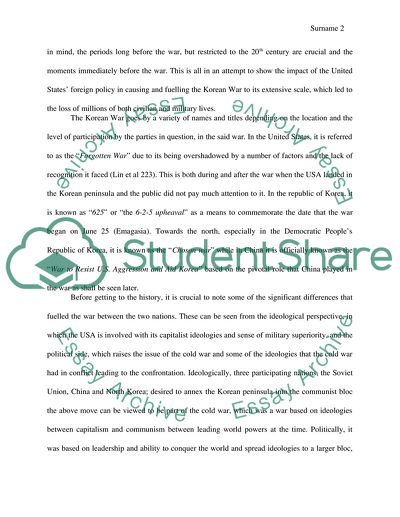Cite this document
(Korean War and American Foreign Policy Research Paper, n.d.)
Korean War and American Foreign Policy Research Paper. Retrieved from https://studentshare.org/politics/1787583-korean-war-and-american-foreign-policy
Korean War and American Foreign Policy Research Paper. Retrieved from https://studentshare.org/politics/1787583-korean-war-and-american-foreign-policy
(Korean War and American Foreign Policy Research Paper)
Korean War and American Foreign Policy Research Paper. https://studentshare.org/politics/1787583-korean-war-and-american-foreign-policy.
Korean War and American Foreign Policy Research Paper. https://studentshare.org/politics/1787583-korean-war-and-american-foreign-policy.
“Korean War and American Foreign Policy Research Paper”, n.d. https://studentshare.org/politics/1787583-korean-war-and-american-foreign-policy.


